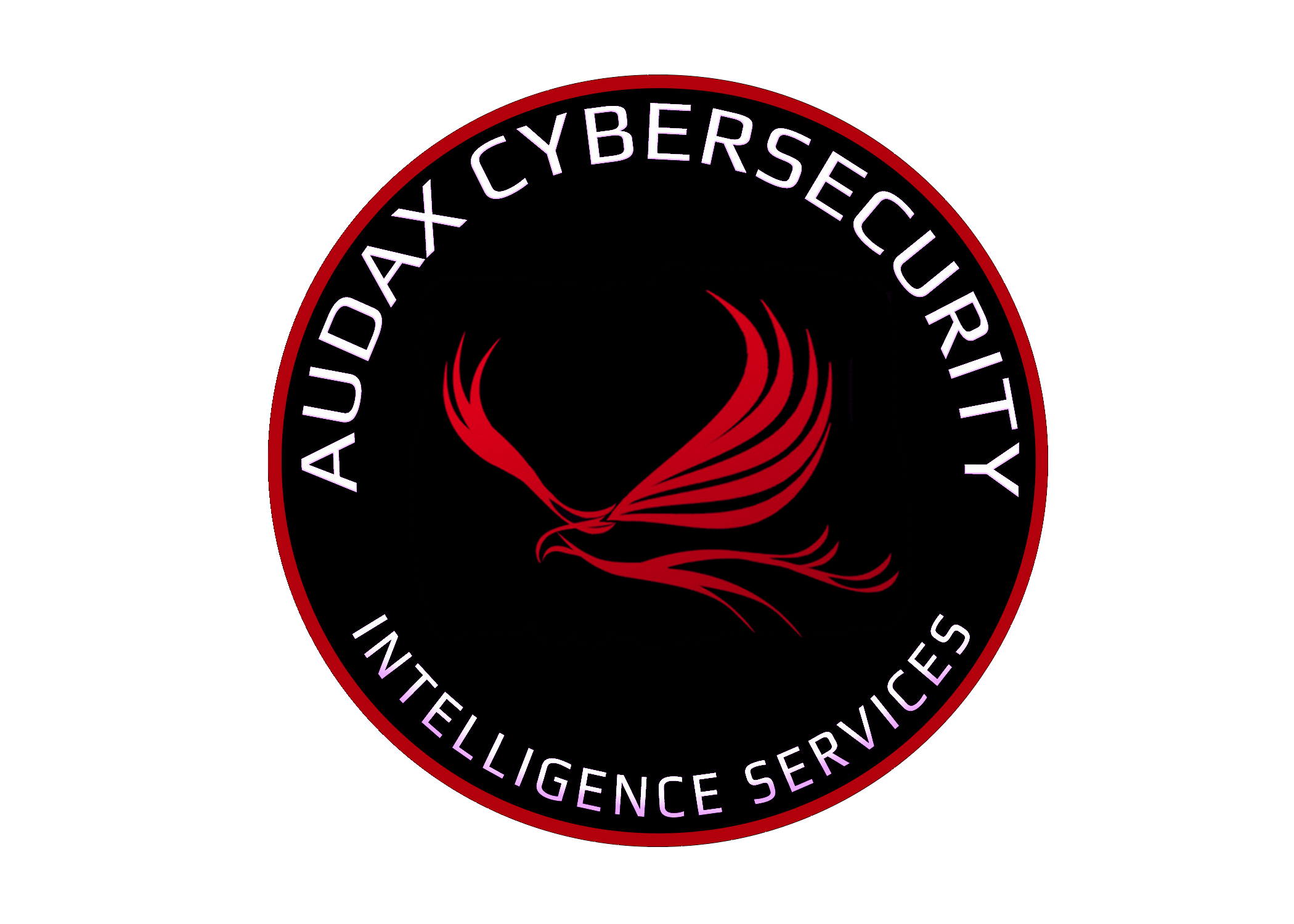Companies should, in addition to implementing software for the protection and security of their information systems, train their staff to acquire a "Security Culture" (Culture of Security).
It is quite common, when hiring its employees, for a company to ask them to sign terms and security policies that they must adhere to in order to protect both the company's customer base and its information data. In this effort, the company should implement certain measures, which can be summarized as follows:
1. Identify which data is most at risk if its information systems have access to the Internet (e.g. customer data or accounting and financial data).
2. Have special software on all its computers (e.g. Programs antivirus, Programs anti-spyware, firewalls) and passwords and transaction codes to be changed every 60-70 days.
3. Install a program that keeps track of backups (e.g. on an external hard disk) of all important data and upgrade it regularly, so that there is no loss of data in the event of a natural disaster or cyber attack. It is advisable to encrypt all sensitive and high-value data.
4. Have an emergency response or contingency plan in place in the event of a cyber attack, which should be reviewed annually.
5. Educate its staff about the impact a cyber-attack in the form of fraud will have on everyone. The training could be in the form of seminars on Internet practices or technological solutions to convince employees that they should be particularly wary of online scams, as they may be deceived and their personal lives may be harmed online.
6. To sign contracts with its employees, who will be obliged to report to the competent authorities any suspicion or realization of online transaction fraud.
A few tips:
1. Only work with companies you know or whose details you can access directly from official databases.
2. Understand all the details about the services or products offered.
3. Carefully check all details about the services or products offered.
4. Keep your financial and banking data safe and do not disclose them to third parties.
5. Make your staff responsible for any incorrect actions, after training them.

